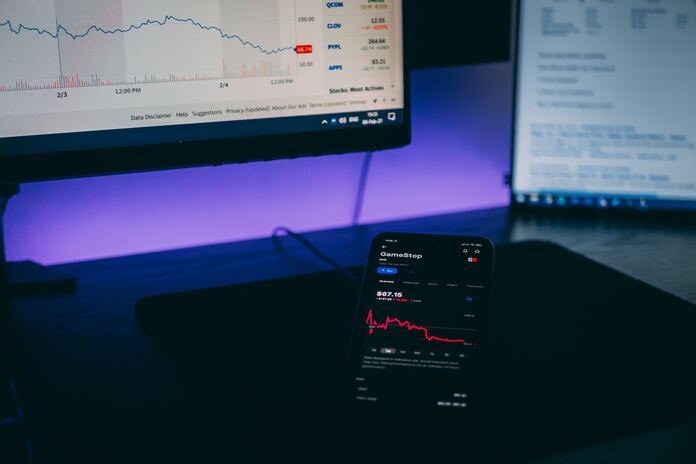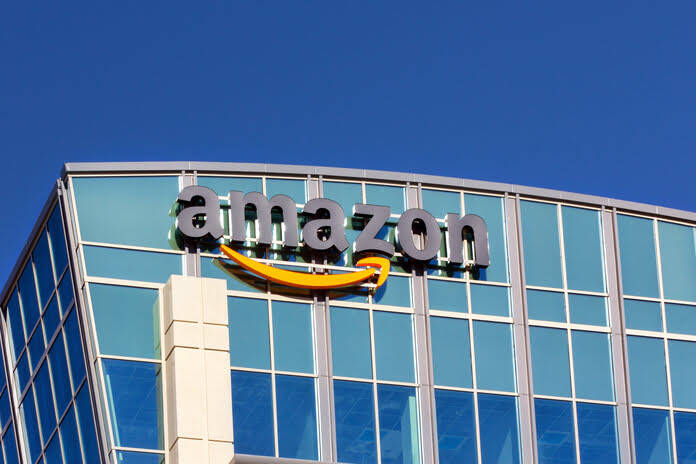GameStop (NYSE:GME) made headlines in mid-2020 when it experienced an unprecedented short squeeze, driven by massive short positions from hedge funds. This led to a meteoric rise in its share price, followed by an 84% pullback from its highs. Investors are now debating whether GameStop represents a value play at its current price of around $17.
On the positive side, GameStop has made efforts to improve its financial position by paying down a significant portion of its debt, resulting in a Debt/Equity ratio in the lower 1/3 of reporting companies. Additionally, the company holds $1.19 billion in cash, providing it with financial flexibility.
However, there are concerning financial metrics to consider. GameStop has been consistently posting negative earnings since 2020, with negative profit margins, return on equity, return on assets, and earnings per share (EPS). It also does not offer dividends, raising questions about its long-term viability.
Examining GameStop’s Business Models
Examining GameStop’s business model reveals further challenges. The company’s revenue primarily comes from three sources: hardware & accessories (53%), software (30.7%), and collectibles (16.3%). The hardware and accessories market faces strong competition from online retailers like Amazon, Best Buy, and Walmart, which can offer competitive pricing due to their scale.
The software segment, which accounts for 30% of GameStop’s revenue, is facing a shift away from physical game sales toward digital downloads and streaming. This trend is expected to continue, posing a significant challenge to GameStop’s business.
One area where GameStop has potential is collectibles, which currently contributes 16.3% of its revenue. With a vast network of physical stores worldwide, GameStop has the infrastructure to cater to collectors and host in-center events. However, the success of this segment depends on the company’s ability to tap into the lucrative collector market effectively.
Comparisons: GameStop and Blockbuster
Comparisons have been drawn between GameStop’s situation and the downfall of Blockbuster. Blockbuster was once a dominant force in movie rentals but was eventually overtaken by streaming services like Netflix. Today, only one Blockbuster store remains. GameStop faces a similar challenge in adapting to the digital transformation of the gaming industry.
The release of the movie “Dumb Money,” which chronicles the GameStop short squeeze of 2020, may temporarily boost interest in GameStop stock and create a short-lived rally. However, some investors may view this as an opportunity to short the stock, anticipating a continued downward trajectory.
Conclusion
GameStop presents a complex investment proposition. While some may see potential value at its current price, others believe it faces significant challenges in a rapidly evolving industry. The outcome may depend on the company’s ability to adapt and reinvent itself. As with any investment, opinions may vary, and individual perspectives play a crucial role in shaping investment decisions.
Featured Image: Unsplash @ Dimitris Chapsoulas















